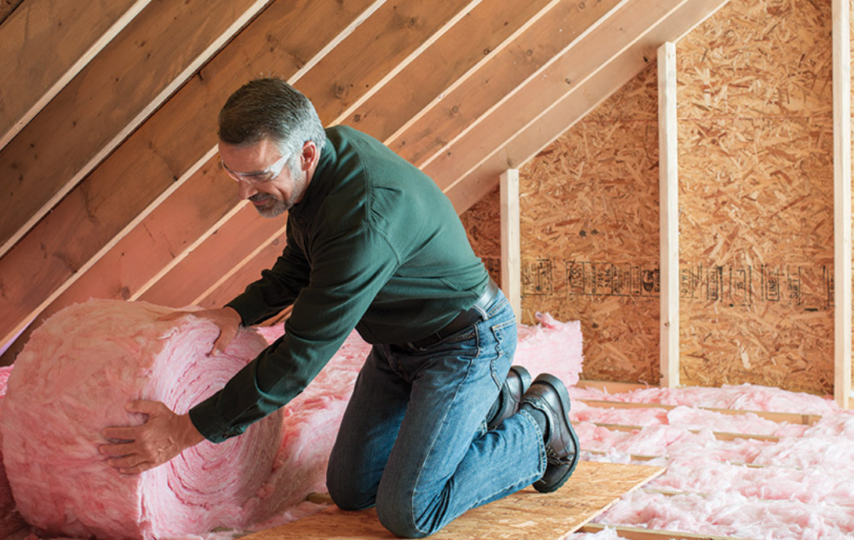The Central European country of Slovakia has a moderate climate with cold winters and hot summers. It also boasts beautiful natural surroundings and a long history of culture. Due to the frequent below-freezing conditions, it becomes essential for homeowners to provide warmth and comfort within their homes during the winter. This is where the importance of home insulation is relevant. This article will examine the significance of home insulation in Slovakia, focusing on how it not only improves comfort levels but also contributes to homes’ energy effectiveness, cost savings, and environmental sustainability.
Understanding Home Insulation
Home insulation refers to the practice of adding materials or layers to the building envelope, such as walls, roofs, and floors, to reduce heat transfer and maintain a comfortable indoor temperature. Effective insulation serves as a barrier, reducing heat loss during the winter and gain during the summer in Slovakia, where severe temperatures are frequent occurrences.
Energy Efficiency And Cost Savings
The potential of home insulation to improve energy efficiency is one of its main advantages. Homes in Slovakia with insulation require less energy to heat and cool throughout the winter and summer, which lowers their energy usage and utility expenses. Enhancing energy efficiency also helps reduce dependency on fossil fuels, which lowers greenhouse gas emissions and fights climate change.
Comfort And Health
Home insulation plays a crucial role in ensuring indoor comfort and well-being. By preventing cold drafts and heat infiltration, insulation creates a cozy and consistent temperature throughout the house. Residents can enjoy warm and comfortable living spaces, free from the discomfort of cold spots and temperature fluctuations. Moreover, adequate insulation also helps in reducing noise transmission from outside, enhancing the overall tranquility and serenity within the home.
Moisture Control And Mold Prevention
Insulation for homes in Slovakia helps regulate moisture levels in addition to temperature. Insulation reduces the possibility of mold growth, which can harm both the building’s structure and the health of its occupants. Insulation works by avoiding condensation and dampness. Homes that have been properly insulated provide defense against moisture-related problems, promoting a secure and healthy living environment.
Types Of Insulation Materials
Various insulation materials are utilized in Slovakia to cater to different requirements and building structures. These materials include but are not limited to mineral wool, expanded polystyrene (EPS), extruded polystyrene (XPS), polyurethane foam, and reflective insulation. Each material has distinct qualities and installation techniques, giving homeowners a variety of alternatives to meet their demands and budget.
Government Initiatives And Incentives
Recognizing the importance of home insulation, the Slovakian government has implemented several initiatives and incentives to encourage its adoption. These measures include financial support, tax incentives, and subsidies for energy-efficient renovations and insulation installations. Such programs aim to make insulation more accessible and affordable, fostering widespread adoption and contributing to national energy-saving goals.
Professional Installation And Quality Assurance
While the benefits of home insulation are undeniable, it is crucial to emphasize the significance of professional installation and quality assurance. Proper insulation installation requires expertise and attention to detail to ensure optimal performance and longevity. Engaging certified insulation professionals guarantees that insulation materials are installed correctly, minimizing the risk of thermal bridging and ensuring maximum energy efficiency.
Future Outlook And Sustainability
The relevance of home insulation in Slovakia will only increase in the future as the nation works to meet its environmental objectives. The demand for energy-efficient homes will rise as technology develops and building standards tighten. The creation of sustainable living spaces for future generations will depend heavily on home insulation to lower carbon footprints, conserve energy, and create more energy-efficient homes.








